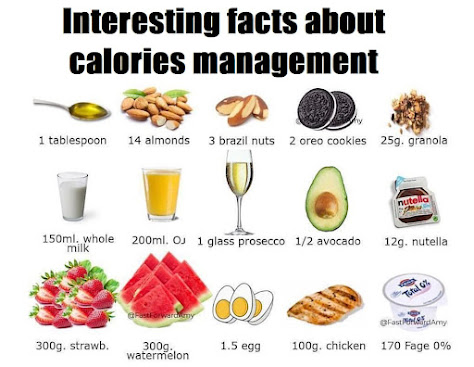Motivating facts about calories and diet management
.jpg)
- Calories: The Energy Currency:
- Calories are the energy units in food. Your body constantly demands energy, and it uses calories from food to function. Everything you do, from fidgeting to running a marathon, requires energy derived from calories.
- Carbohydrates, fats, and proteins are the main nutrients that provide calories. Regardless of their source, the calories you consume are either converted into physical energy or stored as fat within your body.
- You need strike a balance between the calories for weight management through different ways such as physical activities.
- Weight Management Equation:
- Weight control boils down to a simple equation: calories in vs. calories out.
- If you consume more calories than you burn, you gain weight. Conversely, if you eat fewer calories and increase physical activity, you lose weight.
- In the past, researchers believed that burning or cutting 500 calories a day led to losing 1 pound (0.45 kilograms) of fat.
- Calorie Density Matters:
- Not all calories are equal! Eating 100 calories of vegetables differs from consuming 100 calories of candy.
- Opt for nutritious, low-calorie foods to promote a healthier body. Always eat foods with lower calorie density, so that you can eat and enjoy more while consuming less calories.
- Simple Ways to Cut Calories:
- Skip High-Calorie, Low-Nutrition Items: Start by skipping one or two high-calorie treats. For instance, consider passing on your morning latte, soda at lunch, or evening bowl of ice cream.
- Swap for Lower-Calorie Choices: If skipping a treat leaves you craving, replace it with a healthier, low-calorie alternative.
- Control Portion Sizes: Be mindful of portion sizes to avoid overeating.
- Make Healthier Choices: Always prefer nutrient-dense foods instead of empty-calorie options.
Remember, achieving a healthy lifestyle involves balance and informed choices. Having good knowledge of calories of foods, you can manage your weight effectively.
.jpg)
